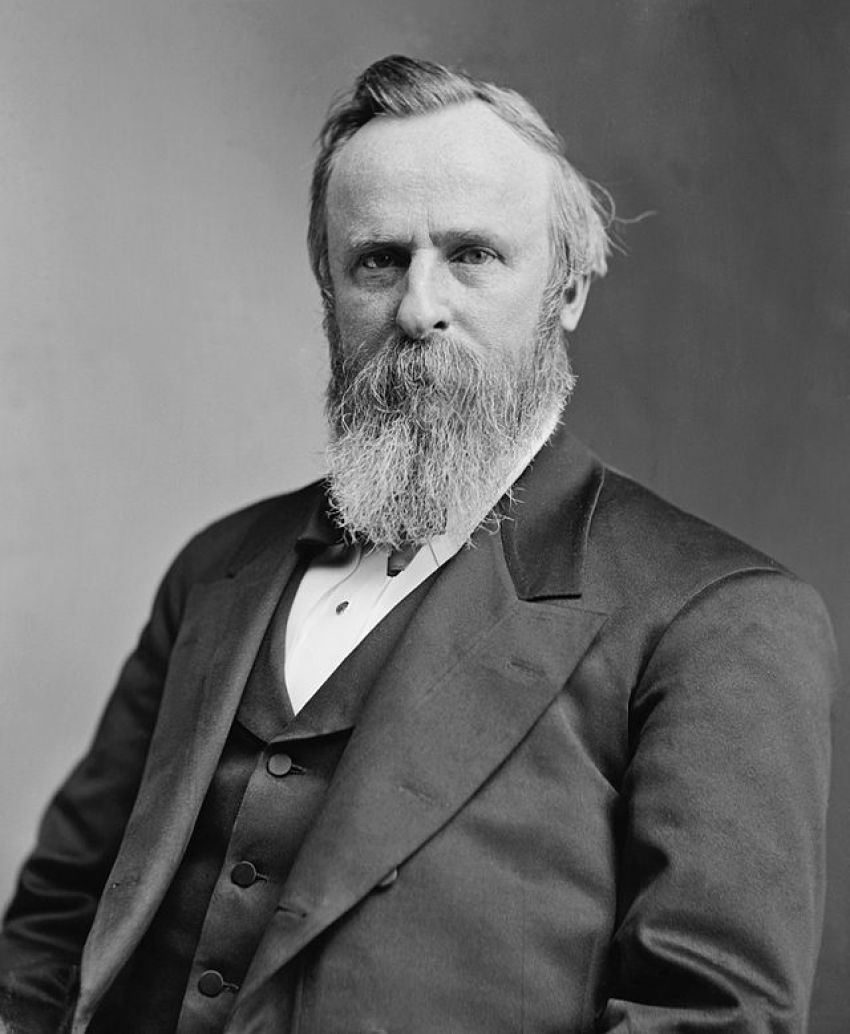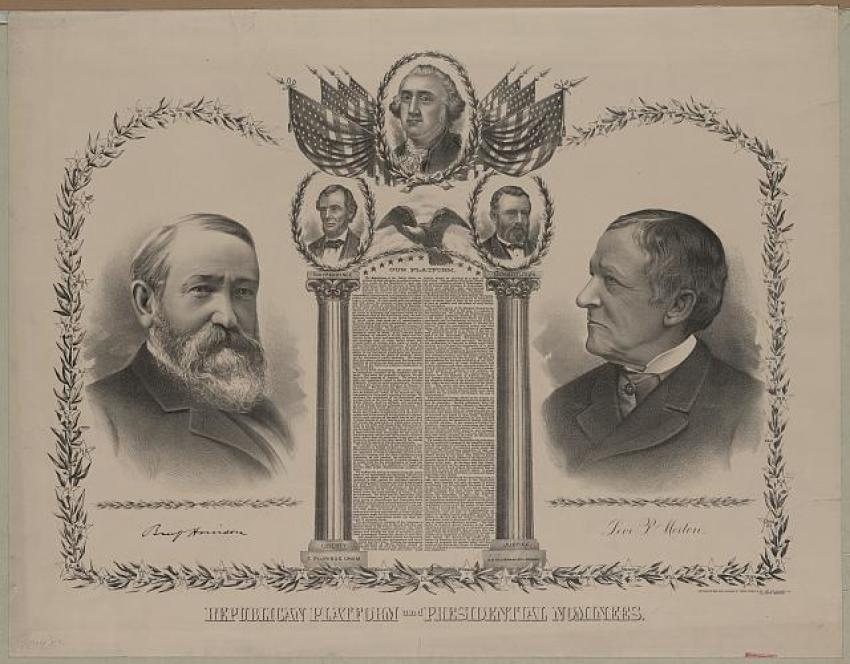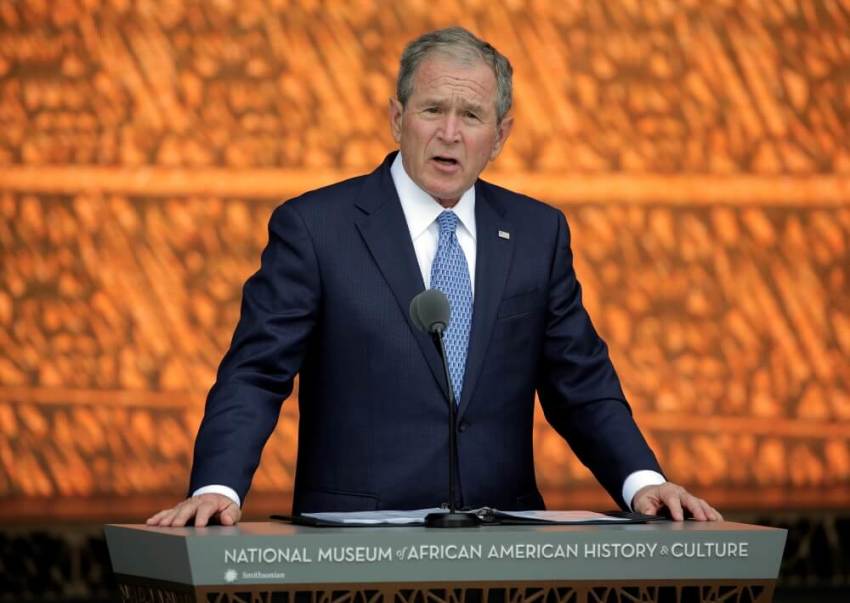3 Other Elections Where the Winner Lost the Popular Vote

Although Republican nominee Donald Trump garnered the necessary number of electoral points to become the next president of the United States of America, Democratic opponent Hillary Clinton appears to have won the popular vote.
While a small number of votes remain to be counted, none of which would sway the electoral college outcome, as of Thursday morning Clinton was slightly ahead with approximately 59.9 million votes versus Trump's approximately 59.69 million vote, or a difference of less than a single percentage point.
If this difference remains when the last of the ballots are counted, this will mark the fourth time that a candidate has become president despite not winning the popular vote.
Below are the three other times from American history when a presidential hopeful won the electoral college but lost the popular vote to an opponent.
1876

In the election of 1876, Republican Rutherford B. Hayes defeated Democrat Samuel J. Tilden in what some consider the most disputed presidential election in American history.
Tilden won the popular vote that year, getting about 4.3 million votes while Hayes only got about 4.03 million votes.
However, Hayes was able to get 185 electoral college points to Tilden's 184, which gave him a majority in the electoral college and thus the victory.
A controversial election, it took several months to sort out who had gotten the necessary number of electoral points due to competing claims, with it not being resolved until just before inauguration.
Hayes' victory has been credited by many scholars as coming courtesy of Southern Democrats, who supported him in return for him ending Reconstruction.
"The deadlock was broken behind closed doors when Southern Democrats agreed to support Hayes' claim for the Presidency if he would support increased funding for Southern internal improvements and agree to end Reconstruction, thus guaranteeing home rule — meaning white control — in the South," noted PBS.
"Hayes became President and the Southern Democrats could reverse with impunity the gains that blacks had made during Reconstruction."
1888

In the 1888 election, Republican Benjamin Harrison defeated Democratic Grover Cleveland overwhelmingly in the electoral college while losing the popular vote.
Incumbent Cleveland garnered over 5.5 million votes, which was over 100,000 more votes than challenger Harrison.
However, Cleveland's popular vote victory only got him 168 electoral points while Harrison won 233 electoral points, having won most of the Northern states and the three western states of California, Oregon, and Nevada.
While Cleveland won the entire South, this was at a time when Texas only had 13 electoral points and Florida, today a major swing state, only had 4.
Four years later Cleveland challenged Harrison to a rematch and in the election of 1892 won back the presidency with an overwhelming electoral college margin of 277 to 145.
2000

The only one of the three examples in living memory, in the year 2000 Republican George W. Bush defeated Democrat Al Gore in what is considered the closest race in American history.
Gore had taken the popular vote, having gotten about 50.9 million votes to Bush's 50.4 million. And it seemed like he was going to win the electoral college also, as it appeared Florida, with its 25 electoral votes, was going to the former vice president.
However, to the surprise of many, Florida narrowly went to Bush, giving him 271 electoral points to Gore's 266.
To appreciate the proximity, if New Hampshire, which went Republican in 2000, had gone Democrat instead, then its 4 electoral points would have given Gore the necessary 270 minimum to have a majority and would have cost Bush the election.
But the focus was on Florida and assorted issues with its now-infamous chad-counting ballot system. After multiple recounts, the United States Supreme Court ruled in December of 2000 to overturn a Florida Supreme Court order for a statewide manual recount.
"The court ruled 5–4 on the remedy of the matter, with the majority holding that the Florida Supreme Court's decision had created new election law — a right reserved for the state legislature — and that no recount could be held in time to satisfy a federal deadline for the selection of state electors," according to Britannica.
"With the termination of the recount process, Florida's 25 electoral votes were awarded to Bush. Gore officially conceded on December 13 and stated in a televised address, 'While I strongly disagree with the court's decision, I accept it.'"



























